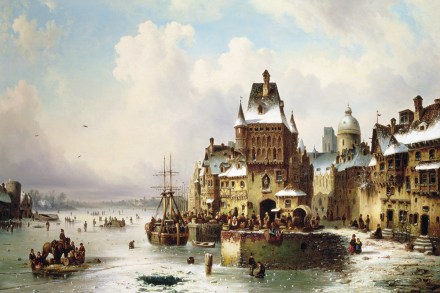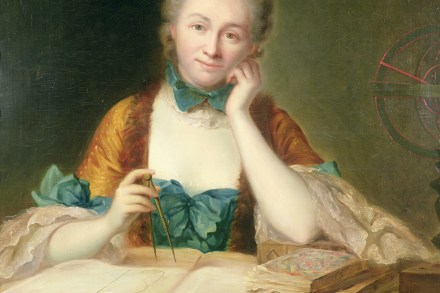Clerical skulduggery on the far borders of 1830s Germany
Königsberg is no more. Now known as Kaliningrad, it forms part of a small Russian exclave surrounded by Lithuania and Poland. It is probably here that the third world war will start. Before it was bombed flat and ethnically cleansed, the historic Baltic city formed one of the main centres of the German province of Prussia. Old Königsberg was a port and a -meatballs-and-potatoes kind of place, but also one of the battlefields of the Enlightenment. The philosopher Immanuel Kant was born, lived and died there. One of the questions he struggled with was how to reconcile the claims of human reason with the need for faith in the divine.


